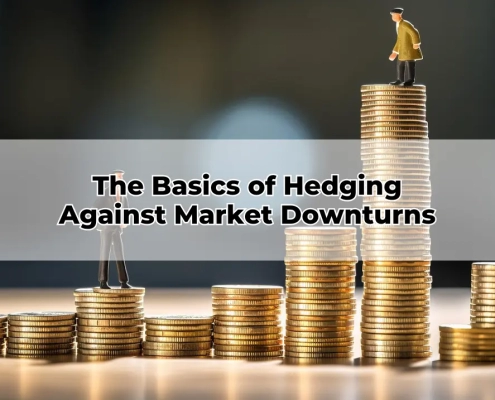
The Basics of Hedging Against Market Downturns
Market downturns are an inevitable aspect of investing. Economic cycles fluctuate due to various macroeconomic and geopolitical factors, leading to periods of market corrections or even recessions. These downturns can erode wealth if investors…

How to Incorporate International Bonds in Your Retirement Portfolio
International bonds serve as a crucial component in a well-diversified retirement portfolio, offering stability, income, and risk mitigation. As global economies fluctuate, exposure to international fixed-income assets helps counterbalance risks…

Financial Considerations for Couples with a Significant Age Gap
Couples with a substantial age difference often face unique financial challenges and opportunities. Planning ahead is crucial to ensure financial security, protect assets, and align long-term goals. A well-structured financial strategy can bridge…

The Role of Structured Products in a Conservative Investment Strategy
Structured products have emerged as an attractive investment vehicle, offering customisable risk-reward profiles for conservative investors. These financial instruments combine traditional assets, such as equities or bonds, with derivatives…

How to Diversify Your Superannuation Portfolio Beyond Traditional Investments
Diversification is a fundamental investment strategy designed to mitigate risk and enhance returns. Within the realm of superannuation, traditional portfolios often comprise equities, fixed interest, and cash. However, an overreliance on these…

What is a Non-Lapsing Death Benefit Nomination?
When planning for retirement and wealth distribution, one critical element often overlooked is the nomination of superannuation death benefits. Many Australians assume that their superannuation automatically forms part of their estate, but this…

How to Prepare Financially for Aging in Place
Aging in place—the ability to live independently in your own home as you grow older—is an aspiration for many Australians. However, ensuring financial security while maintaining independence requires careful planning. Without a structured…

The Benefits of Setting Up a Family Trust for Future Generations
A family trust is a powerful financial structure that provides wealth protection, tax advantages, and a framework for intergenerational wealth transfer. For every one looking to secure their family’s financial future, establishing a family…

Planning for Financial Security in the Event of Job Loss
The sudden loss of employment can be financially destabilising. Without a steady income, managing mortgage repayments, household expenses, and financial obligations becomes challenging. Many individuals underestimate the speed at which financial…

How to Use Hybrid Securities in Your Investment Portfolio
Hybrid securities are investment instruments that combine characteristics of both debt and equity, offering investors a blend of fixed income and potential capital appreciation. These financial products are commonly issued by banks and corporations,…

The Different Phases of Retirement and Investment Needs
Retirement is not a singular event but a series of evolving life stages, each with its own financial challenges and opportunities. To ensure a secure and fulfilling retirement, it is crucial to understand the distinct phases and align investment…
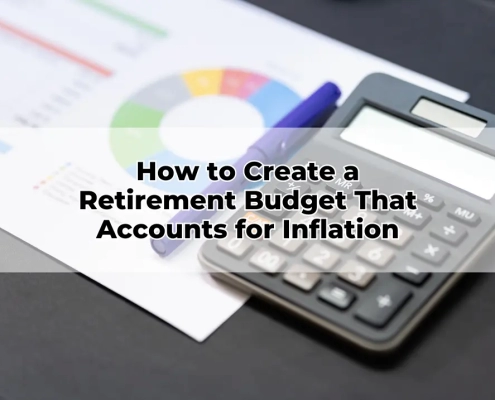
How to Create a Retirement Budget That Accounts for Inflation
Inflation steadily erodes the purchasing power of money over time. For retirees, this means that the cost of living will increase, even if their income remains the same. Failing to factor inflation into a retirement budget can lead to financial…

What You Need to Know About Investing in Australian Small-Cap Stocks
Small-cap stocks represent companies with a relatively small market capitalisation, typically ranging between $300 million and $2 billion. These stocks are often characterised by high growth potential, increased volatility, and the ability to…

The Role of Financial Planners in Estate Administration
Estate administration is the legal and financial process of managing a deceased person's assets, liabilities, and affairs. It involves the distribution of wealth, settlement of debts, and execution of the deceased’s wishes as outlined in their…
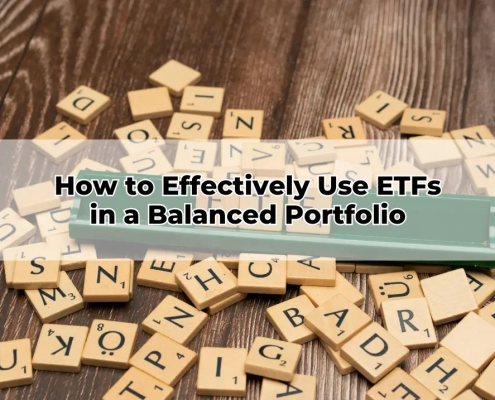
How to Effectively Use ETFs in a Balanced Portfolio
Exchange-Traded Funds (ETFs) have become a cornerstone of modern portfolio management, offering diversification, liquidity, and cost efficiency. Unlike traditional managed funds, ETFs trade on stock exchanges, providing investors with exposure…
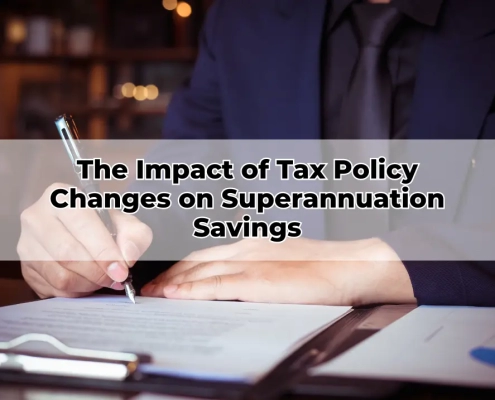
The Impact of Tax Policy Changes on Superannuation Savings
Superannuation is the cornerstone of retirement planning in Australia, providing individuals with financial security in their later years. However, frequent changes in tax policy can significantly affect superannuation savings, altering contribution…

How to Protect Your Investment Portfolio from Currency Fluctuations
Currency movements can have a profound impact on investment portfolios, particularly for those exposed to international markets. Exchange rates fluctuate due to factors such as interest rate differentials, economic performance, geopolitical…

Mistakes to Avoid When Planning for Early Retirement
Retiring early is an appealing goal for many individuals, offering the promise of more leisure, freedom, and time to enjoy life. However, the path to early retirement is not always smooth, and without proper financial planning, the dream of…

SMSF for Family-Owned Businesses
Establishing a Self-Managed Super Fund (SMSF) for a family-owned business can be an effective strategy to maximise retirement savings, consolidate wealth, and enhance financial flexibility. However, setting up an SMSF requires careful planning,…
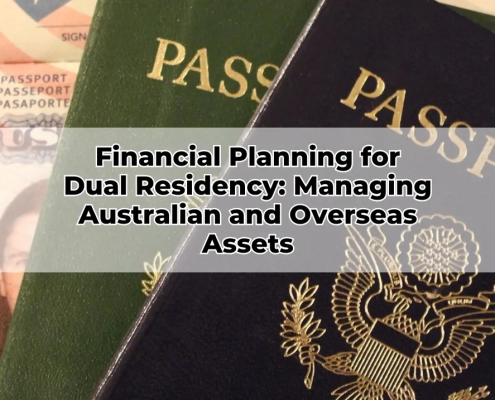
Financial Planning for Dual Residency: Managing Australian and Overseas Assets
Dual residency refers to a situation where an individual resides in two countries, either permanently or for extended periods. This status often arises due to work, family ties, or investment opportunities. For those managing assets across two…

Does Superannuation Contributions Affect Your Age Pension Eligibility?
Superannuation and the Age Pension are the twin pillars of Australia’s retirement income system. While superannuation provides self-funded retirement savings, the Age Pension acts as a safety net for those with insufficient resources. However,…

Superannuation and Pension Transfers from Overseas
Superannuation is a cornerstone of retirement planning in Australia, ensuring individuals accumulate sufficient wealth to support their post-work years. Many expatriates and migrants seek to transfer their overseas pensions into the Australian…
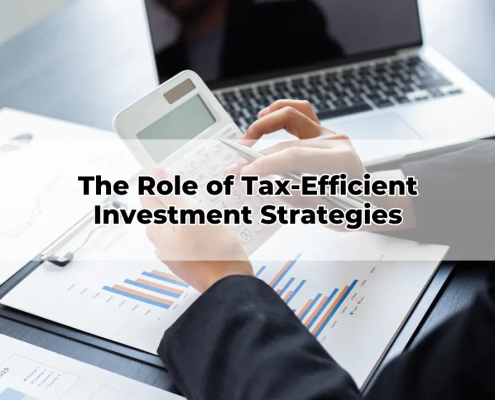
The Role of Tax-Efficient Investment Strategies
Tax-efficient investing is the practice of structuring investments to minimise tax liabilities and maximise after-tax returns. In Australia, where the tax system is intricate and multi-layered, investors must navigate capital gains tax (CGT),…
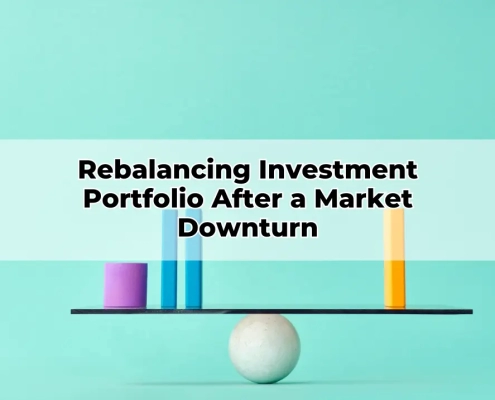
Rebalancing Investment Portfolio After a Market Downturn
Rebalancing an investment portfolio is a critical aspect of maintaining long-term financial stability. After a market downturn, assets may become misaligned with an investor’s original strategy. This process ensures that the portfolio reflects…
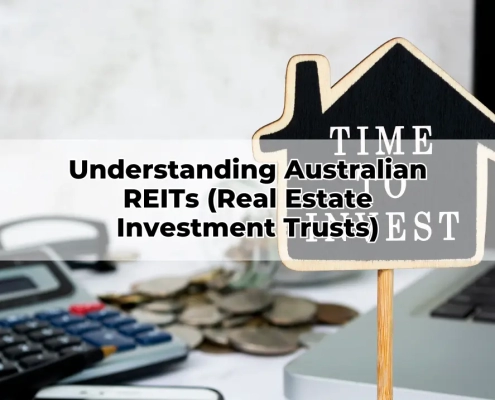
Understanding Australian REITs (Real Estate Investment Trusts)
Real Estate Investment Trusts (REITs) have become an increasingly popular investment vehicle. They offer investors exposure to the property market without the complexities of direct property ownership. With Australia’s robust property sector,…

Preparing for a Comfortable Retirement
Retirement is a significant milestone that requires meticulous financial preparation. With increasing life expectancy and evolving economic conditions, Australians must take a proactive approach to securing their financial future. The key to…

The Role of Term Life vs Whole Life in Estate Planning
Estate planning is a crucial aspect of financial management, ensuring that assets are efficiently transferred to beneficiaries while minimising taxation and legal complications. Among the tools used in estate planning, life insurance plays a…

How Australians Can Invest in Gold
Gold has been a sought-after asset for centuries, acting as a store of wealth and a hedge against economic volatility. In Australia, investors have several avenues to gain exposure to gold, each with its unique advantages and risks. Understanding…


